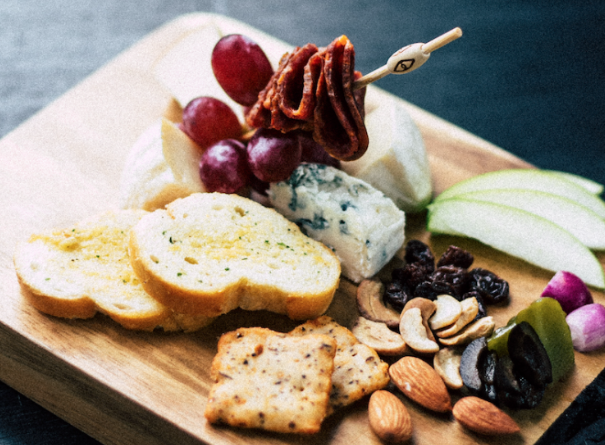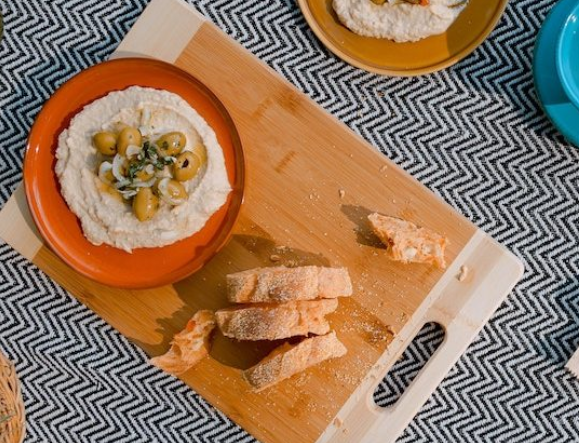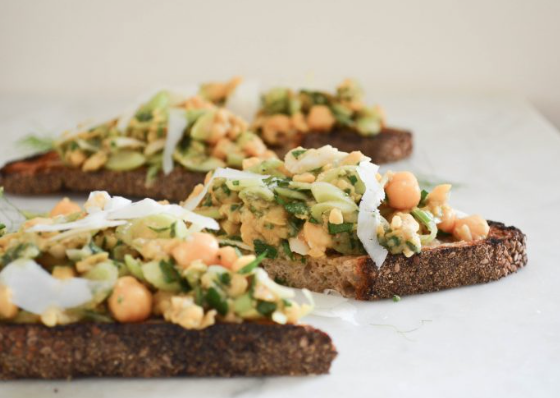Are you tired of cookie-cutter eating habits? Do you find yourself eating unhealthy snacks while out and about? Then, packaged food is your best choice! From preparing meals to carrying snacks with you, these convenient options change our eating habits, but what exactly is packaged food? Why are they so popular? Read on as we explore the history, types, and benefits of packaged foods and snacks.
The History of Packaged Food
Humans have been packaging food for centuries, dating back to ancient civilizations. The ancient Greeks and Romans prepared food for soldiers on long journeys. In the Middle Ages, Europeans traveled with bread, cheese and dried fruit.
During World War II, soldiers were given a boxed food called “K rations” as a way for them to eat quickly and easily on the battlefield or in battle. These rations include canned meat, biscuits, sweets, and instant coffee.

In the 20s and 60s of the 70th century, TV dinners became popular in the United States, and companies such as Swanson produced pre-cooked frozen foods that could be quickly heated at home.
Today’s modern lifestyle has led to an increased demand for more convenient meal options, resulting in a range of healthy “packaged” foods, such as salads with spices or popcorn packaged in separate portions.
Obviously, packaged foods have played an important role throughout history, being not only convenient but also practical when it comes to meeting the needs of a large group of people or those who lead busy lives.
Different Types of Packaged Foods
When it comes to packaged foods, there are a variety of options to suit any taste or dietary preference. Let’s explore the different types of packaged foods and what makes them unique.
A popular packaged food is dried fruit. This snack is made by removing water from fresh fruit, resulting in a concentrated source of vitamins and minerals. Dried fruits also have a longer shelf life than fresh fruit, making them perfect for a snack to take with you.
Another option is jerky, which has been seen as a protein-rich snack for centuries. Today’s jerky usually comes in flavors such as teriyaki or chili pepper and can be made from beef, turkey, pork, or even exotic meats like bison or elk.
For those with a sweet tooth, granola bars offer a delicacy that easily fits in a bag. These energy bars come in a variety of flavors and are usually made from oats, nuts, and dried fruit.

Energy balls are becoming increasingly popular due to their convenience and nutrient-rich ingredients such as dates, nut butters, and seeds. They’re great for satisfying an appetite while providing energy and without the added sugars found in traditional snacks.
Choosing packaged foods means getting handy snacks that fit any lifestyle or dietary preference.
Prepare Meals with Packaged Foods
Meal preparation has become an important part of many people’s lifestyles, especially those who are always busy. Packaged foods make meal preparation easier and more convenient than ever. With a variety of options to choose from, you can quickly prepare healthy and nutritious meals for the week ahead.
A popular option is to pack fruits and vegetables in separate portions in containers or bags. These snacks are easy to reach when you rush out the door, ensuring you eat healthy things instead of eating junk food when you’re hungry.
Another good option is canned or packaged protein, such as tuna, chicken breast, or salmon. These protein sources can be mixed with vegetables or whole grains to form a balanced meal that will keep you full throughout the busy day.
Packaged foods also offer unique flavors and combinations not easily found in traditional homemade meals, enabling the versatility of meal preparation. For example, salads with different dressings, marinades that go perfectly with meat and poultry, etc.
Packaged foods make it easier to maintain a healthy diet while meeting the demands of life. By incorporating them into your meal prep routine, you’ll be able to save time while still enjoying delicious and nutritious meals throughout the week!

Snacks for Carrying Packaged Food
In today’s fast-paced world, carrying snacks with you has become a way of life for many. With busy schedules and long commutes, it can be difficult to find time to sit down and eat. Luckily, packaged foods make it easier than ever to eat healthy snacks on the go.
One of the great advantages of packaged food is convenience. They come in a compact package that makes it easy for you to take with you. This means that when you’re hungry on your commute or workday, you can always enjoy a healthy snack.
Another benefit of packaged food is its diversity. Whether you prefer a sweet or savory snack, there are a variety of options to satisfy your taste buds. From granola bars and assorted fruits to jerky and dried fruits, the possibilities are endless.
When you’re pressed for time, packaged food is also a great alternative to unhealthy vending machine snacks or fast food. Instead of eating foods high in sugar or fat, you can choose nutrient-dense foods that will keep you energized throughout the day.
Nowadays, as many people become more health-conscious, it’s easier than ever for packaged foods to adhere to dietary restrictions like veganism or gluten-free diets without compromising taste or nutrition.
Whether you’re looking for a quick bite to eat between meetings or need to bring something with you on your daily commute, packaged snacks are an excellent option that’s convenient and nutritious!
How Packaged Foods Are Changing Our Diets
Packaged foods are changing our eating habits in a variety of ways. First of all, they provide convenience for those who are always on the go and do not have time to cook. They are pre-packaged and ready to eat, making it easy for people with busy schedules or lack of cooking skills.

In addition, packaged foods offer a variety of options to meet various dietary needs, such as vegan, gluten-free, keto-based, and paleo diets, among others. This allows people with specific dietary requirements to enjoy their favorite snacks without compromising their health goals.
In addition, packaged foods often contain some added vitamins and minerals that may be lacking in traditional meals. For example, protein bars provide an excellent source of protein, while granola bars provide fiber for digestion. Packaged foods can also include superfoods that contain nutrients, such as chia seeds or quinoa.
Packaged food has revolutionized meal preparation, allowing people to prepare meals in advance without fear of spoilage or food waste. With proper storage techniques, such as frozen or chilled packaging, it can be stored longer than traditional fresh produce.
Packaged foods have changed our eating habits by providing convenience while still providing nutritional value and diversity to meet different dietary needs.